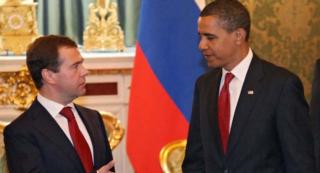
The most significant aspect of the new START treaty is its preservation of a legally binding framework for the U.S.-Russian strategic relationship.
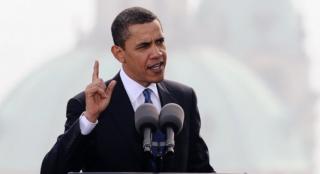
President Obama's vision of a world without nuclear weapons will require step-by-step progress on disarmament by nuclear-armed states, reciprocated by step-by-step progress toward strengthening the nonproliferation regime by non-nuclear-weapon states.
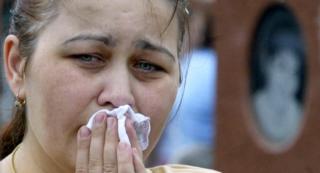
Rather than addressing the reasons why their initiatives against terrorism have not been effective, the Russian authorities have focused on trying to calm the public with harsh but empty rhetoric.
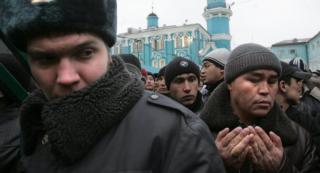
Terrorist threats in Russia require a long-term, consistent strategy. But Russia's system of heavy-handed and unaccountable governance precludes strategic thinking.
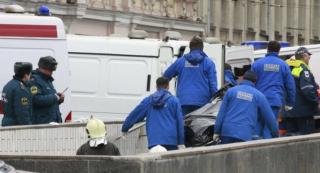
The March bombings in Moscow have shown that efforts by the Kremlin to quiet the North Caucasus have only made rebel leaders more desperate and more willing to resort to terrorism to achieve their goals.
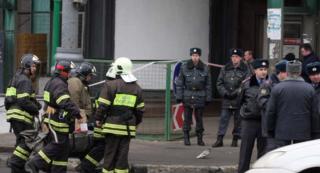
In spite of terrorist acts like the Moscow metro bombings, the Russian people continue to show strong support for their leaders, who are credited with having prevented a total economic collapse.
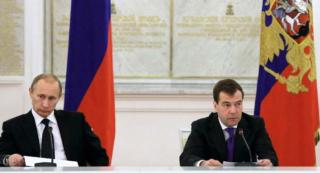
Despite improvements in the March elections, the Kremlin maintains close control over the political process, resulting in elections that were far from truly free and fair.
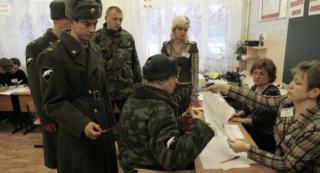
The upcoming Russian regional elections could prove to be a milestone in shaping the nation’s political landscape if voters use the opportunity to voice their concerns over widespread electoral fraud and express their lack of confidence in the Kremlin.
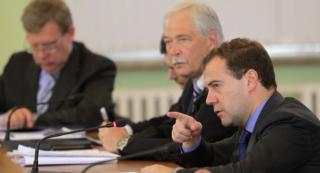
Systemic reform of the Russian Interior Ministry will require more than President Medvedev’s recent order to dismiss eighteen high-ranking police officials and to halve the ministry’s head office. Staff reductions are not enough to address the fundamental flaws that plague the institution.
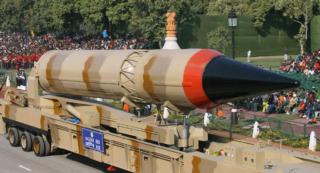
More than ever, preventing nuclear weapons proliferation requires cooperation among the United States, Russia, and China, plus emerging powers. To achieve this cooperation, measures must be crafted to uphold the bargain between disarmament and nonproliferation.
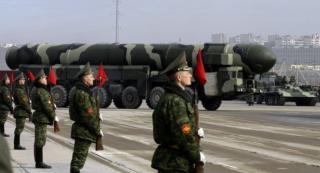
While Russian leaders support the idea of a world free of nuclear weapons in theory, the Russian security community is still committed to the principle of nuclear deterrence.
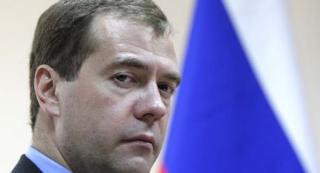
Recently, calls for Prime Minister Vladimir Putin’s resignation were heard at rallies in different parts of Russia. Although unrelated, these gatherings underscore the growing cracks in the Kremlin’s political system of centralized power, opaque decision-making, and unaccountability.
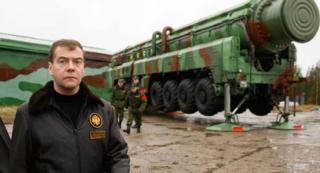
A treaty to replace the expired START agreement is an essential step not only toward global nuclear disarmament, but also toward managing the risks associated with Russia's nuclear arsenal, which still poses the single greatest existential threat to the United States.
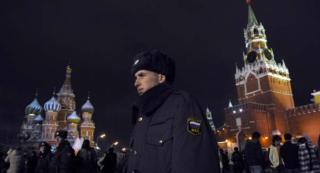
On January 30, 10,000 people protested in Kalingrad against the policies of United Russia and, in particular, the region's governor, millionaire Georgy Boos. The large protest demonstrates a disconnect between the authorities and the people of the region.
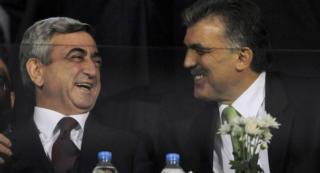
Armenia and Turkey have a chance to move forward from their troubled past by ratifying the historic protocols signed in October 2009. While the governments in both Yerevan and Ankara face strong opposition to the protocols, a failure to ratify the agreement could have disastrous consequences for the entire region.

The conference in London failed to suggest viable solutions to the real problems facing Afghanistan, including President Karzai’s lack of credibility, the prevalence of local corruption, and the fragmentation of power into the hands of armed local militias.
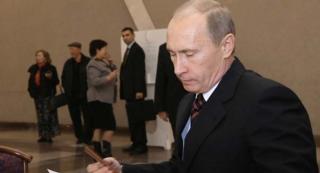
The recent State Council meeting on the subject of modernizing Russia's political system reflected the growing political cracks in the foundation of Prime Minister Vladimir Putin’s vertical power structure.

The Armenia-Azerbaijan-Russia presidential summit in Sochi is unlikely to change the situation with Karabakh, but may reignite the stagnated negotiation process. Russian involvement is key to its presence in the Caucasus.
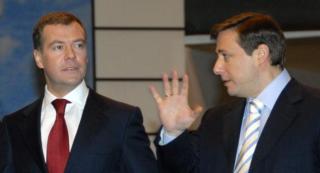
By combining the posts of presidential envoy and deputy prime minister for the newly created North Caucasus Federal District, the Kremlin is taking strong political measures to end the violence in the North Caucasus.
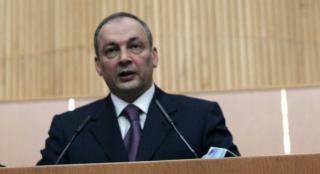
The Republic of Dagestan is becoming increasingly unstable, partially caused by a Russian policy of neglect, appointing only leaders loyal to Moscow. Severe economic problems and radical Islam also contribute to the violence.